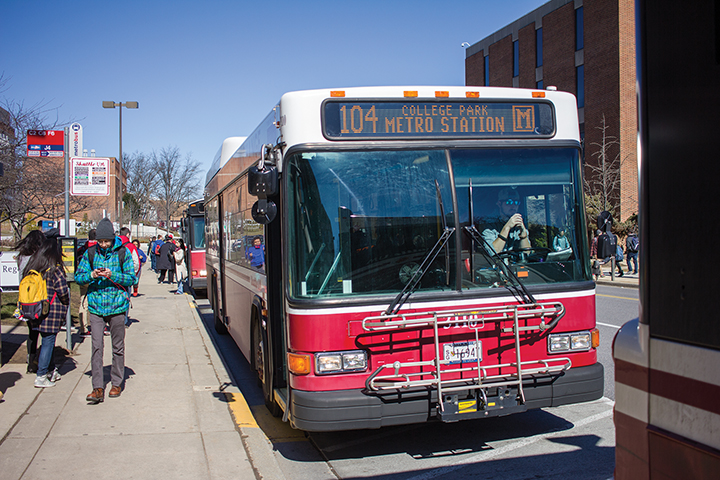Views expressed in opinion columns are the author’s own.
I know I’m not the only one who cringed on July 26 when I opened my email to the subject line: “Your University of Maryland Billing Statement is available.” Scanning each column, seeing the familiar line items, I thought: “Tuition, right, housing, yeah, but hold on. $972 for mandatory fees?”
For those of you just as confused as I was, mandatory fees are what all students have to pay to cover student support services. Since 2014, fees for full-time, in-state, undergraduate students have increased from $907.77 to $972. Instead of complacently accepting the fee hikes, we must demand transparency and control over how our dollars are being spent.
First, students need to know how much they are paying; at the very least, the university should inform students six months in advance of any increases. A raise as small as $20 each semester can make a big difference in weekly and monthly budgets, especially for students deciding between taking more classes, working more hours, or helping family at home.
Second, students deserve to know exactly what their money is being used for. The university offers a spending breakdown on the student financial services website, explaining the general distribution of students fees. The biggest areas are athletics, which receives about 21 percent of the total fees, and recreation services, which receives about 20 percent.
To increase transparency and aid student decision-making, directors of departments funded by student fees should publish even more detailed spending breakdowns on their websites, and regularly disclose and publish information to the student financial services website.
Finally, students should have a say in how the university uses student fee money. Since fees go toward funding services that students depend on, students deserve to be directly involved in dictating where their priorities lie by setting caps on fee increases and deciding what percentages of student fee revenue ought to go to each department.
For example, given the recent proposal to cut Shuttle-UM routes due to a budget deficit, students should be able to advocate for more of their fee money going to DOTS rather than athletics if they think Shuttle-UM service is a higher priority. (Given the current state of Maryland athletics — a student-athlete dying from staff negligence, reports of a culture of abuse and physical violence in the football program — I certainly don’t want my money funding it.)
The SGA could be the entity in charge, or the University Senate could create a subcommittee to manage student fees. Either way, student representatives should have a seat at the table, and all students must be proactively informed so their representatives can respond to student needs in real time, whether they be for more transit, improved internet access or fully funded health services.
We are in a tense moment in our campus history, as students don’t feel like the administration listens to our concerns or prioritizes our well-being. Right now, any step toward increased transparency and more effective shared governance would be a welcome — and overdue — improvement. And maybe it would make us cringe a little less when we get our billing statements.
Olivia Delaplaine is a junior government and politics major. She can be reached at odelaplaine15@gmail.com.



